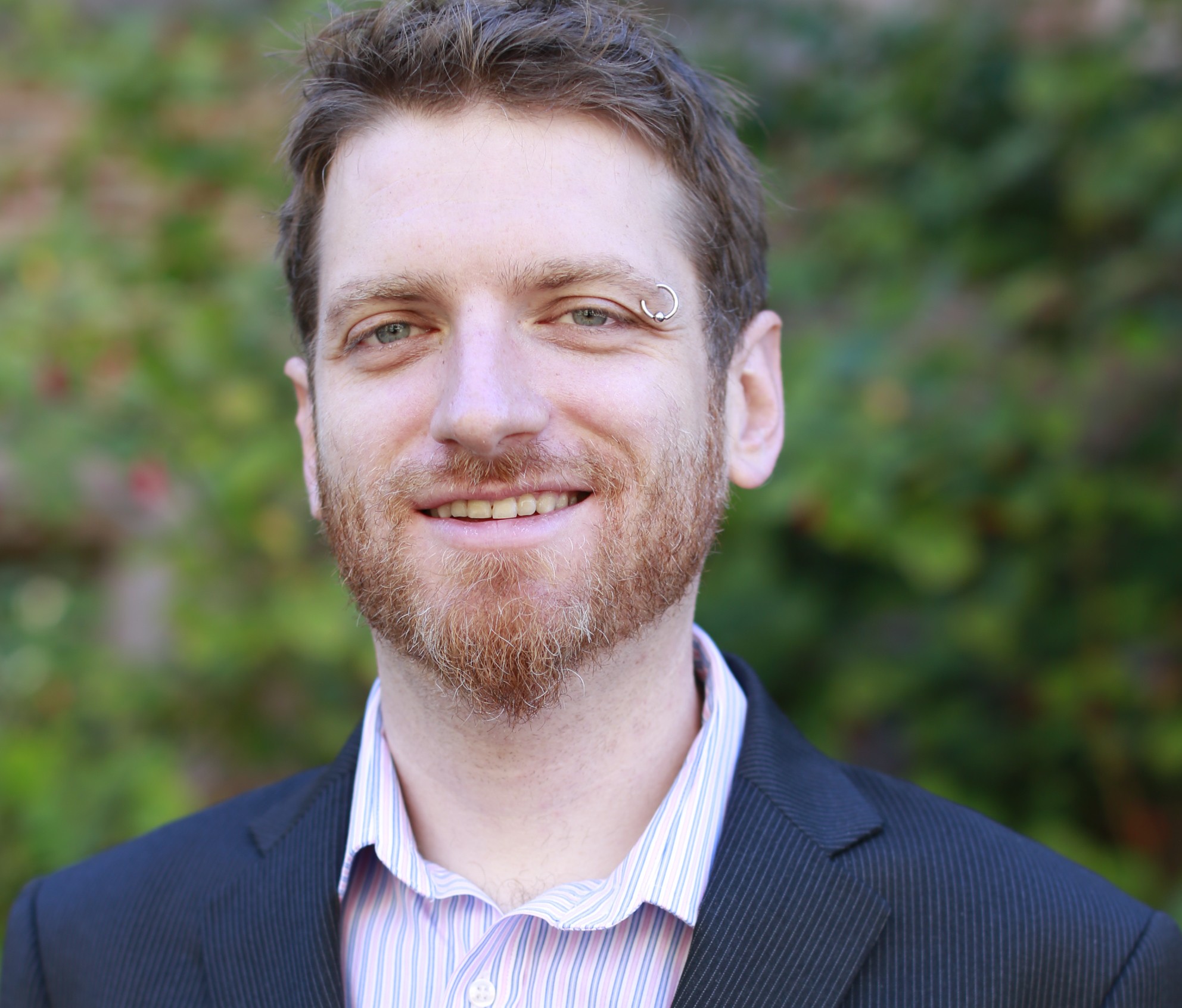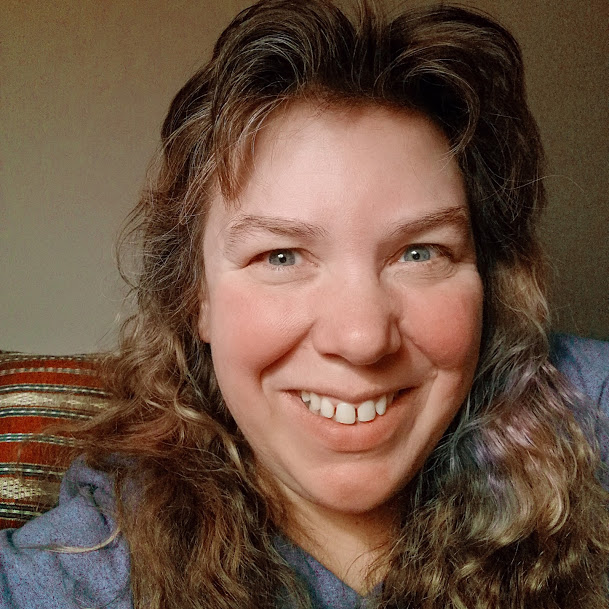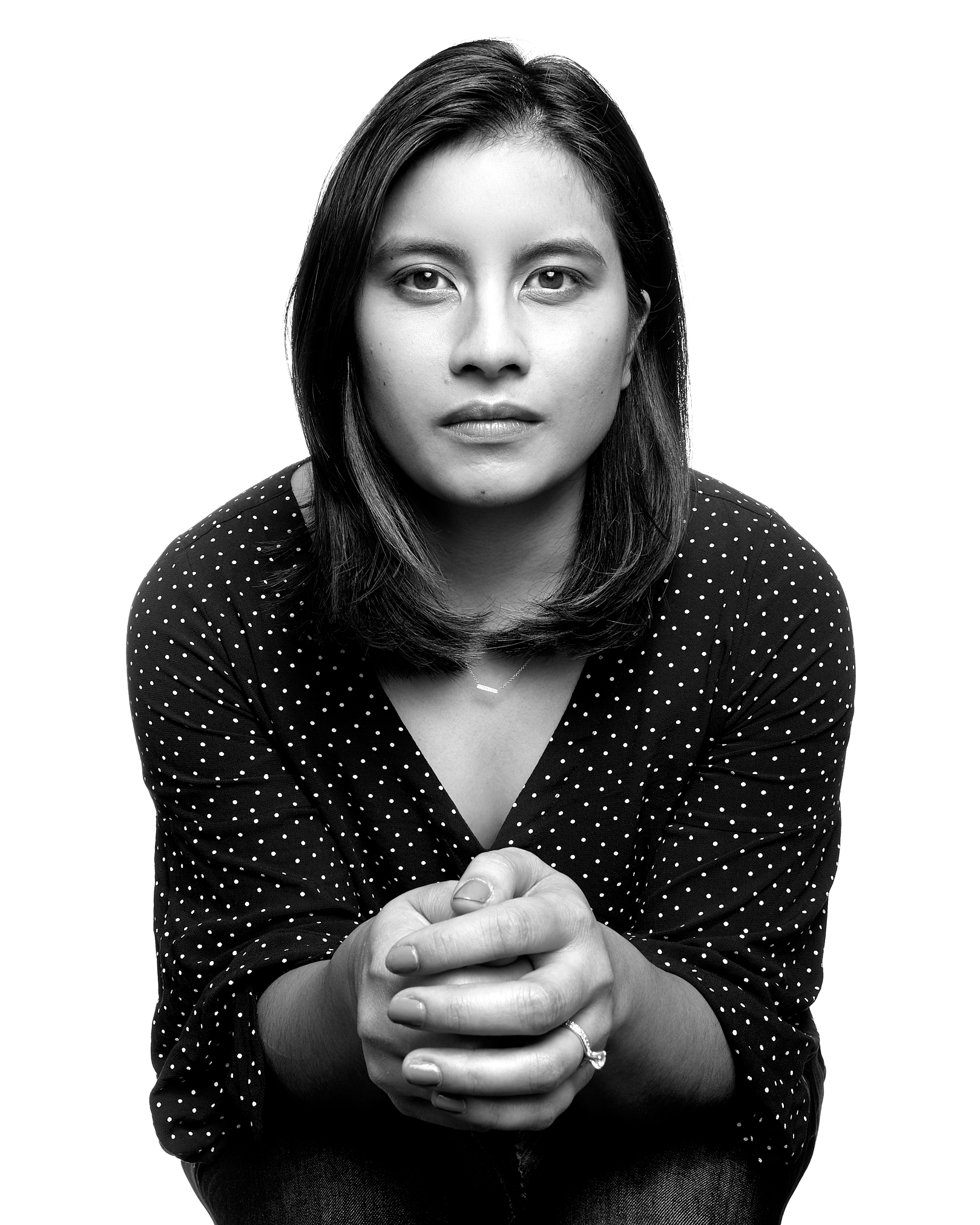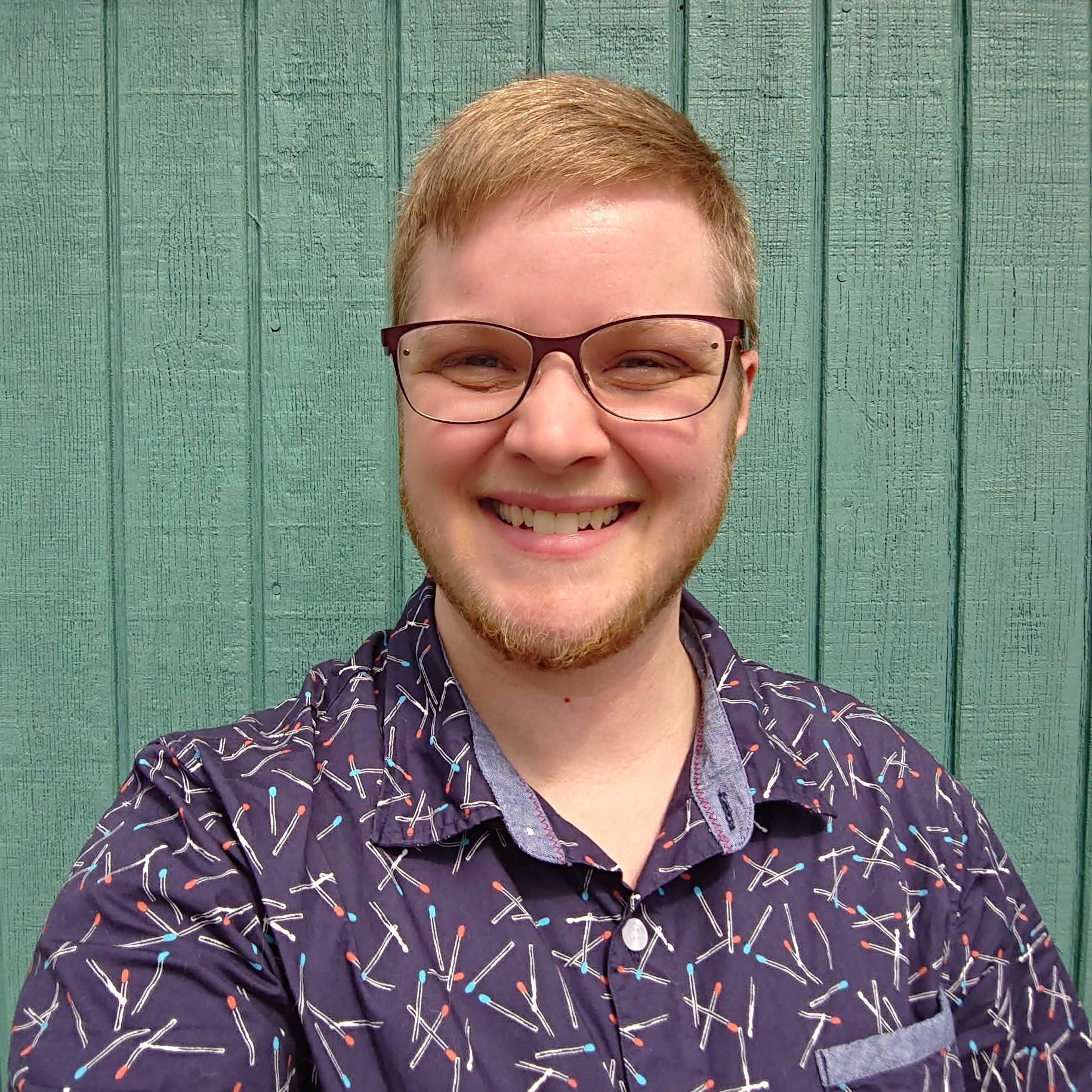News
We’re so excited for SeaGL 2019 in LESS THAN TWO WEEKS! Our speakers have accepted, our keynotes are gearing up to deliver some phenomenal insights, and we’re getting the rest of the details worked out in the coming weeks. Today we’d like to share the process we used to manage the Call For Proposals at SeaGL. This document is as much for your edification as it is a record for ourselves for future years!
First, we decided on the CFP announcement. Last year’s was very good, so a few needed alterations were made but it was more or less published as is. That was published 25 June 2019. The CFP was open from 25 June to 14 August. The initial plan was to open til 11 August, but in leaving it a couple more days and scaring up a few more submissions, we had a significantly better return.
The next six weeks were a big rush of tweeting and emailing personal contacts to request a proposal to our CFP. Getting the word out to many area meetups in Seattle and Portland as well as at open source conferences like Libre Planet and ScaLe was also critical in getting new voices. We also held office hours every Wednesday at 12pm Pacific, where we advised folks on their talk proposals. Further, we reached out to local meetup groups in Seattle and Portland.
During this time, we began the process for keynote searching. Within our community, several individuals were nominated, and we reached out one by one until we had a WONDERFUL lineup! Next year, the plan is to begin this keynoting process well before the CFP, rather than during!
Also during that time, the program chair gathered a group of individuals to review, some with experience at SeaGL and some new. This year we had seven members of the review team and coordinated to read and rate all talks. In previous years, this has been on a 3 point scale, summarized as “No, No Opinion, Yes”. This year, we stretched that to 4 points, with not-voting being one the lowest one could “vote”. We will return to the 3 point scale next year, as it was difficult to tell what one had voted on, and how many reviewers had yet to vote on all talks.
After we all did the first pass, we wanted to aggregate first-time speaker and underrepresented speaker information with some SQL in the Open Source Event Management software. Next year, this will be done first. This information is critical for assembling the schedule and speakers. However, after collecting this datadump, we found that these talks had already been highly rated in the first pass!
Total, we had 121 talk submissions. This was lower than previous years by about a third. We’ve heard from sister conferences that their submission numbers have also been low, so we chalk up our numbers to similar effects, as well less outreach than in previous years. 18 of these submissions were by underrepresented speakers (14%), and 13 were by first time speakers (10%). So nearly one quarter of submissions were by underrepresented & first time speakers, which is lower than previous years. We have more work to do in the future on outreach! We’re incredibly proud of our community, and it is extremely important to us to represent this community accurately, including first-time speakers and underrepresented community members.
At this point, we created the list of accepts, waitlists, and declines. Through OSEM (aforementioned Open Source Event Management software), we were able to send the accepts/declines out programmatically, and then handful of speakers with waitlisted talks were emailed manually. As happens, most everyone accepted, a few had to decline, and we bumped a couple folks up on the wait list.
After solidifying and confirming the lineup, the schedule started to come together. Some of the thoughts on this were to keep tracks/similar talks in the same room, and to make sure there was no time slot with only one “type” of talk. It was also important to make sure that there were non-code talks in every time slot.
We then needed to solidify the room numbers we would be using, so that those could be affixed to the online and printed schedule. The printers have a tighter deadline than the conference itself, so getting that worked out in advance was critical. As a result, we’ll have printed personal conference schedules for everyone!
Thanks for reading this bit of conference and CFP geekery!
Today we announce the schedule for SeaGL 2019! November 15 and November 16 will be an amazing couple of days of talks, and we can’t WAIT to see you there!
Please note, the room numbers have not been finalized, but when we get closer to the date of the conference, we’ll have those ready for you. So for now, they’re “Room 1,” “Room 2,” etc. We look forward to having these finalized within a couple weeks at most.
SeaGL 2019 Schedule

Benjamin Mako Hill is our fourth and final keynote presenter for SeaGL 2019!
Benjamin Mako Hill is a social scientist, technologist, and activist. In all three roles, he works to understand why some attempts at peer production—like Wikipedia and Linux—build large volunteer communities while the vast majority never attract even a second contributor. He is an Assistant Professor in the Department of Communication at the University of Washington and a founding member of the Community Data Science Collective. He is also a Faculty Associate at the Berkman Klein Center for Internet and Society at Harvard University. He has also been a leader, developer, and contributor to the free and open source software community for more than a decade as part of the Debian and Ubuntu projects.
To tide us all over until the official Schedule is published, here is the list of confirmed speakers and their talks. We’re still waiting to confirm a handful of talks and we’ll update this as this small amount of changes comes in.
Talks for SeaGL 2019
- Bri Hatch - A QUIC History of HTTP
- Toby Betts - Playing in the Sandbox
- Jeff Silverman - How to Use Linux Tools to Troubleshoot Small Networks
- Nell Shamrell - Devops: A History
- JJ Ashgar - Kubernetes Training by IBM
- Nadine Whitfield - Left Shift Security (LS^2)
- Robert Joslyn - Building Custom Linux Systems with Yocto
- Nishant Sharma - Taking control of our Networks, Data & Privacy
- Gareth J. Greenaway - The Death Star Postmortem
- Alice Monsen - Digital Art Characters Step-by-step with Krita
- der.hans - Debian Software Management
- Joe Roets - Releasing Open Source Code in a Large Enterprise
- Brett Sheffield - Privacy, Decentralisation, and Scaling with IPv6 Multicast
- Amulya Bandikatla - Microservices: A Cautionary Tale
- Lance Albertson - Introduction to test-kitchen and InSpec
- Bradley M. Kuhn - Open Source Won, but Software Freedom Hasn’t Yet: A Guide & Commiseration Session for FOSS activists
- Deb Goodkin - 25+ Years of FreeBSD and Why You Should Get Involved!
- Matt McGraw - Getting Started with Nextcloud
- Brian Raiter - My Own Private Binary
- Mike Hamrick - Consistent Technical Documents using EMACS and Org-Mode
- Aeva Black - DIY Decentralization
- Hailee Kenney - Empowering New Programmers through Introductory Arduino Workshops
- AJ Jordan - Chaos in the System
- Brian Mock - Building your own Keyboard with Free Software
- Ryan McKern - Bash 101: platforms, user-space, and built-ins
- Eva Monsen - Text Recognition in Images
- Aaron Wolf - Codes of Conduct and Restorative & Transformative Justice
- Oscar Baechler - Digital Painting in Krita
- Flynn Liu - Lesser-Known Features of GNU Makefile
- Michael Smith - Classic Tools for the Modern Age: Introducing Wash, the cloud native shell
- Deb Nicholson - Make it Official: In Praise of Official Programs for Diversity & Inclusion
- Johannes Ernst - Project Springtime: a DIY backyard hydroponics system developed open-source-style
- Mairi Dulaney - Controlling your model trains with your computer and free software
- Dawn Parzych - The Fallacy of “Move Fast and Break Things”
- Garrett Honeycutt - Security Compliance Testing with InSpec
- Adam Monsen - Containerized sourcery 🧙 with Docker and Snap
- Gaba - The Tor Project: The State of the Onion
- John SJ Anderson - Once more with style
- Vagrant Cascadian - There and Back Again, Reproducibly!
- Rachel Kelly - Adventures in De-Googling
- Jerome Comeau - “Technical”ly Incorrect
- Mark Polyakov - 2019: A Lisp Odyssey
- Kate Pond - “This is fine” (the meme)
- Audrey Eschright - Organizing your way to a long and healthy career
- Dwayne Thomas - More than dabbling in a Security Engineer career
- Philip James - The Elephant and the Serpent: Using Mastodon with Python
- Emmanuel Morales - Free Press, Free Society
- Wm Salt Hale - Bicycles as a Metaphor for FLOSS
- Keith Packard - Snek: A Python-Inspired Language for Tiny Embedded Computers
- Athan Spathas - Glass Beatstation: An open source mobile and modular musical interface for Linux machines and musicians that don’t know how to use Linux

Lisha Sterling is our third awesome keynote presenter for SeaGL 2019!
Lisha Sterling is the executive director of Geeks WIthout Bounds and president of Frontline Wellness United. A life long proponent of software freedom, she first learned to code by copying BASIC programs into her Timex-Sinclair 1000 while avoiding the rubber bands that held the 16k memory expansion pack onto the back of the computer. She spent the first 15+ years of her career working for companies like Wells Fargo Bank, Amazon.com and a string of startups you barely remember. Her ideas about the importance of Libre software and hardware have been refined in the fires of civic and humanitarian projects that affect marginalized people on the outside of the digital divide. She has worked on software projects to improve public water service in Tanzania, environmental tracking in Guatemala, protection of indigenous lands in Ecuador and the US, and the protection of refugees in Jordan and Mexico. Over the last three years, much of her work has revolved around keeping vulnerable people (and their digital doppelgangers) safe while facing harassment from individuals, hate groups, and governments.

We are excited to announce that our second keynote presenter for SeaGL 2019 is Abigail Cabunoc Mayes!
Abigail Cabunoc Mayes (@abbycabs) is the Working Open Practice Lead at the Mozilla Foundation. Abby mobilizes leaders in the internet health movement through mentorship and training on open practices and open source. Before this, she was Lead Developer of the Mozilla Science Lab, transforming science on the web.
Prior to joining Mozilla, Abby worked as a bioinformatics software developer at the Ontario Institute for Cancer Research and at Michigan State University where she applied open source and to research problems. With a background in open source and community organizing, she is fueling a culture of openness in research and innovation.
Named in “100 awesome women in open source” by source{d}. Editor Emeritus, the Journal of Open Source Software.

With SeaGL 2019 fast approaching, it is time to announce our great lineup of keynote presenters for 2019, starting with Sage Sharp!
Sage is the CEO of Otter Tech, which provides diversity and inclusion consulting. Sage has trained Code of Conduct enforcement teams for open source communities like Kubernetes, GNOME, Python, WordPress, and OpenStreetMap. They are a co-coordinator for Outreachy, a paid internship program with the goal of increasing diversity in free and open source software communities. They are a Python and Django developer for the Outreachy website. Sage was a Linux kernel developer for seven years. They are the original author of the Linux USB 3.0 driver.
Stay tuned for our second keynote announcement next week!
The CFP closes August 11 at midnight Pacific time!
Hi folks, a quick update from your Program Committee that we have just SIX DAYS left in 2019’s SeaGL Call for Proposals! We want to hear from you, so please get those submissions in, better sooner than later!
A point of clarification, the CFP itself says that the slots are 30m-60m, but in fact the talk length is 20m to 50m, which includes time for questions. That ten minute difference you notice between 30/60 and 20/50 is so that we have plenty of time to turn the rooms over between talks and get the next speaker situated as smoothly as possible. Thank you!
If you have any questions about the CFP, please join us on at #seagl on irc.freenode.net, and you can email us at cfp-help@seagl.org.
Click here to propose a talk!
The CFP closes August 11 at midnight Pacific time!
We are JUST under only two weeks left in the 2019 CFP for SeaGL! We want to hear from YOU! We are dedicated to supporting newer speakers, and we welcome speakers of all backgrounds and levels of experience – even if you’ve never spoken at a technical conference. If you’re excited about Free/Libre/Open technologies or communities, then we want to hear from you!
At a Free and Open Source Software conference, the depth and breadth of topics can be overwhelming! So let us share some of the talks we’d like to see. Tweet at us at @seagl if you have more ideas you’d like to see and we’ll add to this, and be sure to come see us on #seagl on IRC if we can help you develop your ideas!
First, a few topics that we think would make great talks.
- Hardware, specifically DIY IOT! That is to say, “internet-of-things”-style hardware hacks with something like Arduino or Raspberry Pis which you use for automating your chicken coop, music setup, or something else?
- Have you built a mechanical keyboard? Do you want to help other people get started with mechanical keyboards? This is an increasing number of folks’ entry into hardware so our FOSS conference is a great place to give a talk on this topic!
- The open source ecosystem in front-end! We focus so much on open source in the operations/admin space but let’s hear about what you’re doing with non proprietary front end tools, like Glitch or Vue.js!
- What are you working on in the FOSS education space? How can we better support people who want to make some movements away from proprietary methods?
Got other questions about the CFP that we could help you with? Email cfp-help@seagl.org. We can’t wait to see what you submit!
Several years ago, the Program Committee began CFP Office Hours. This has been successful, in fact so successful that we now see other conferences offering them. So this year, we’ll be offering office hours on the schedule of every Wednesday from 12pm-1pm Pacific time, until the CFP closes August 11. We’ll also do a special session the night that the CFP closes. We’d love to see you! We believe strongly in supporting new voices, and whether you need topic ideas or how to wrangle the central argument of your talk, we’re here to help. And lots of us are on the channel much of the time besides, so come say hi!
We use IRC for all our SeaGL communication, and we’re at #seagl on freenode. You may also reach the CFP mentors by email at cfp-help@seagl.org. If you would like more information, read on!
If you haven’t used IRC before, no sweat. Just click here for the browser chat version of the channel, choose a nickname, and you’ll be in! If you’d like to learn more, SeaGL Organizer Vicky Brasseur has written a quickstart guide on opensource.com on how to get started with your own nickname (“nick”).



